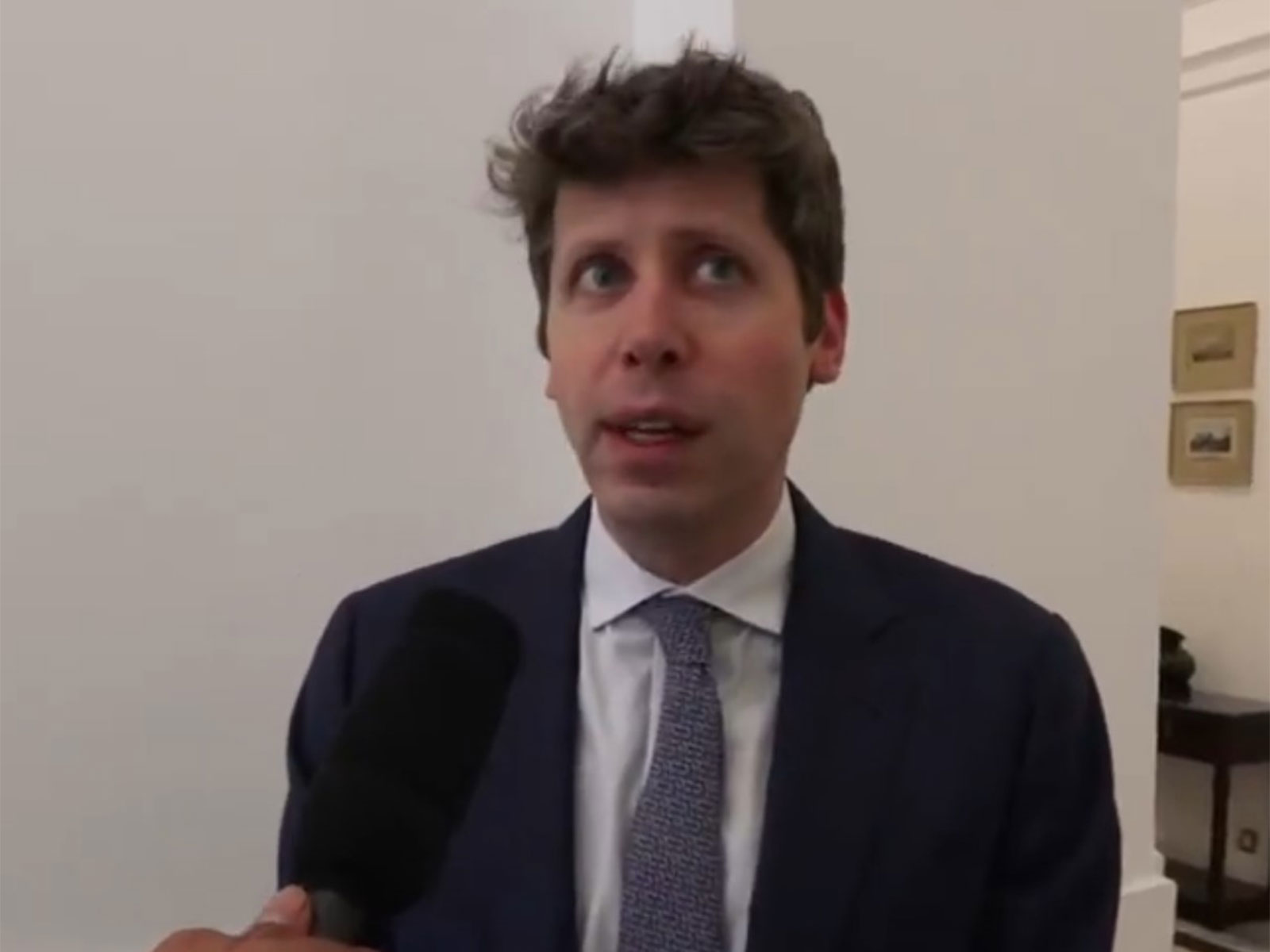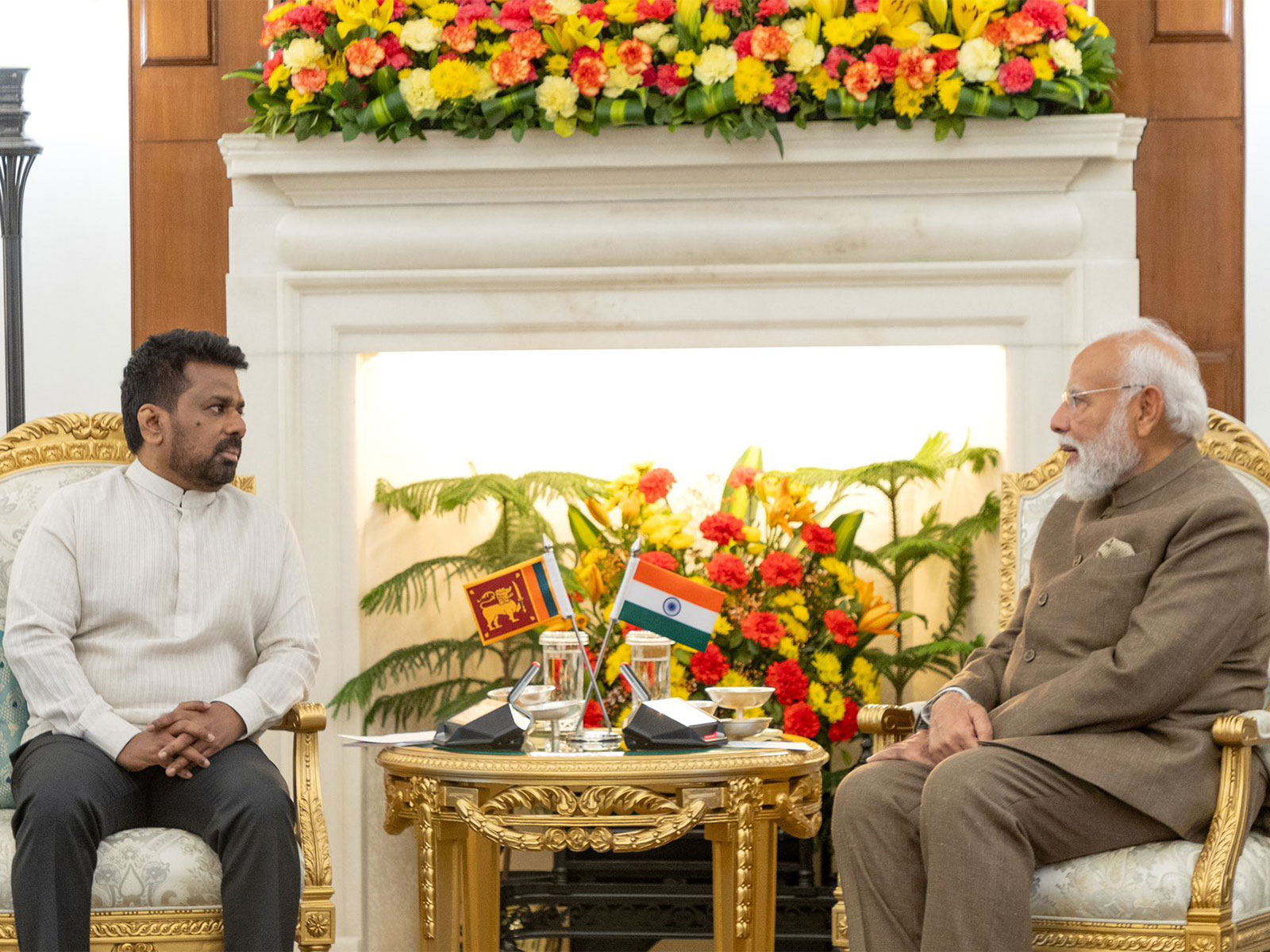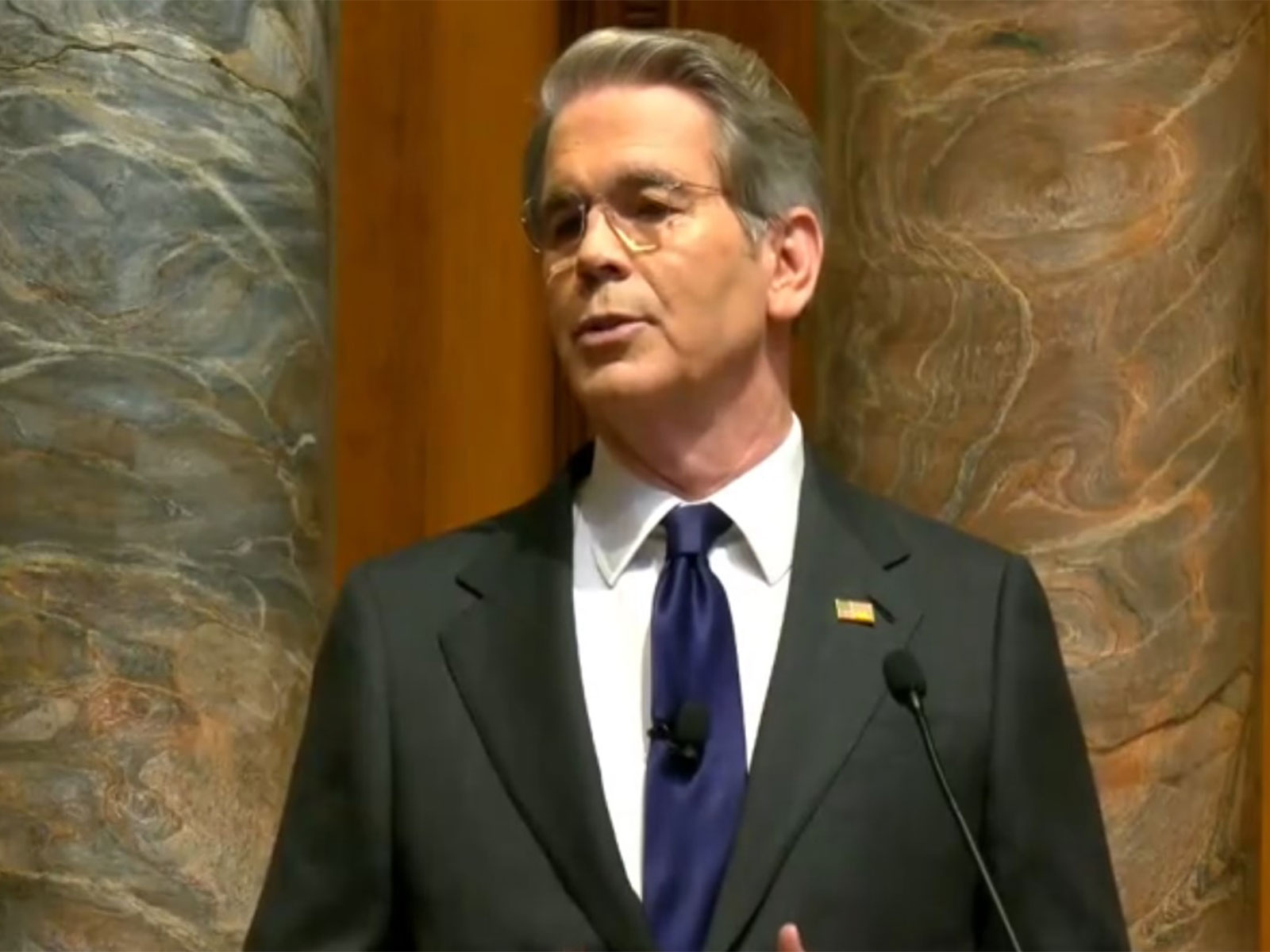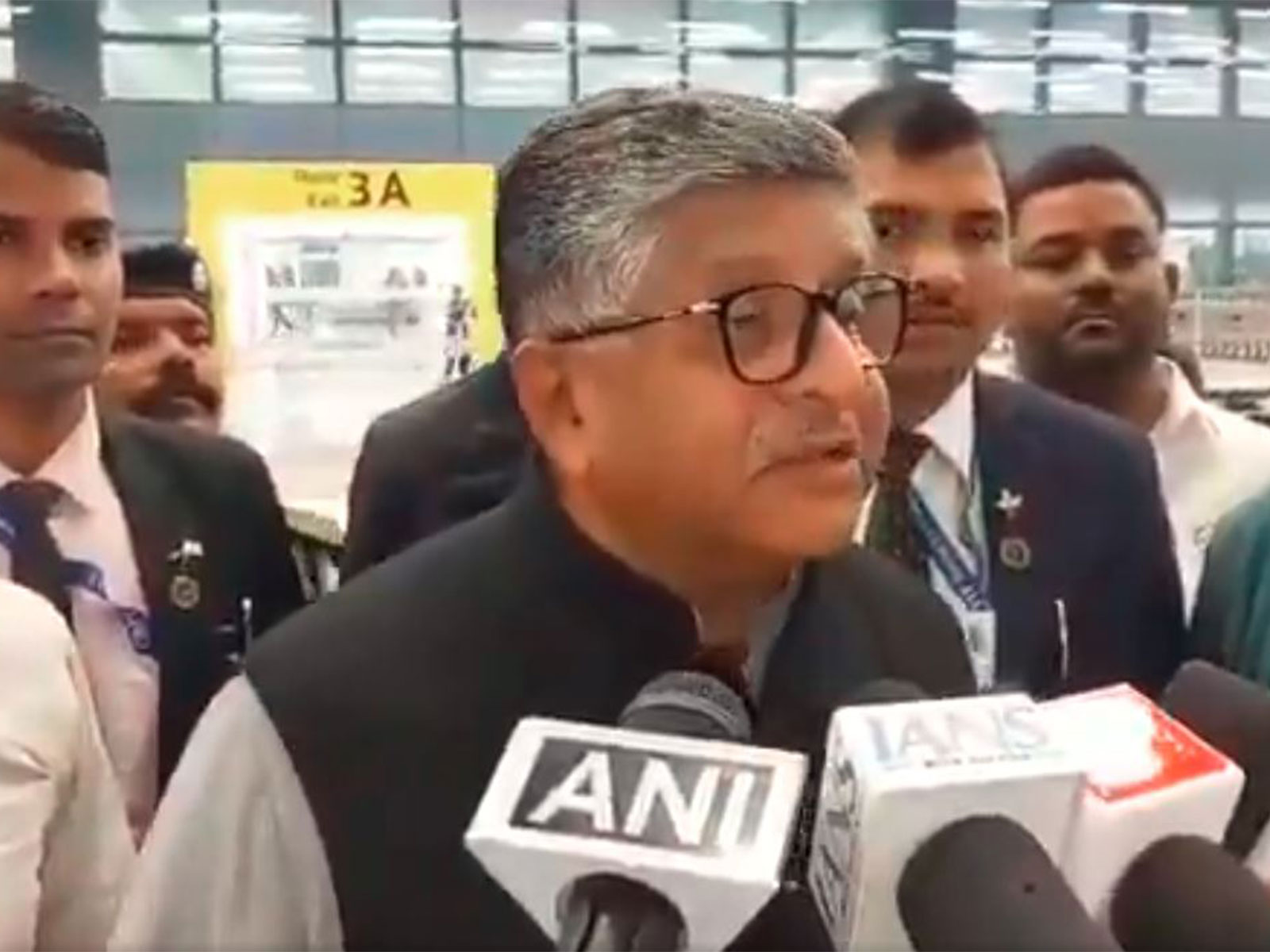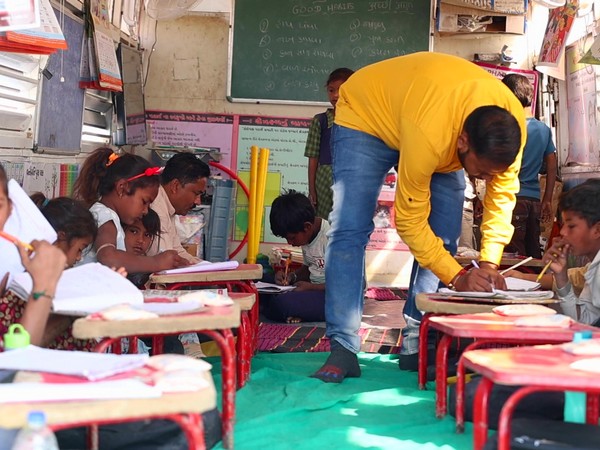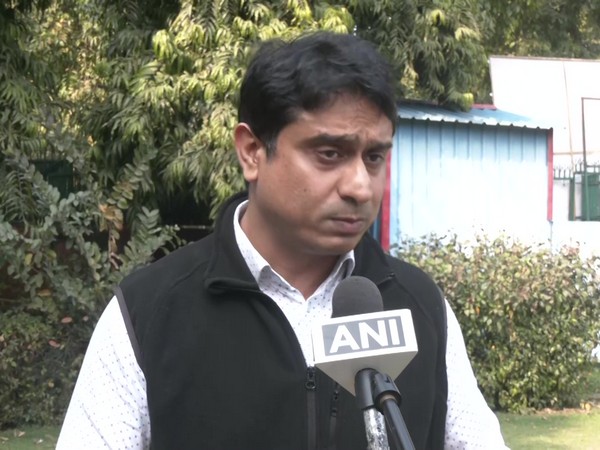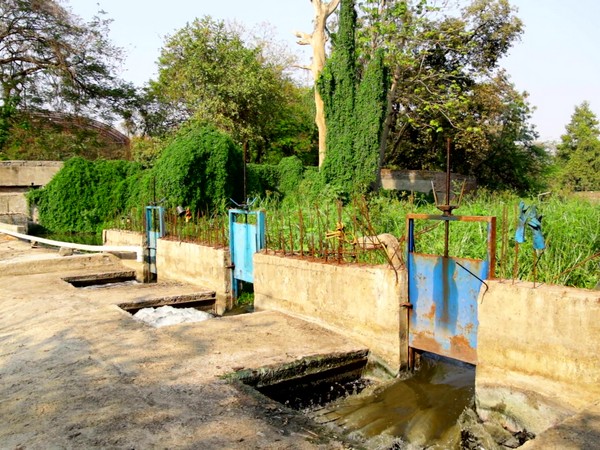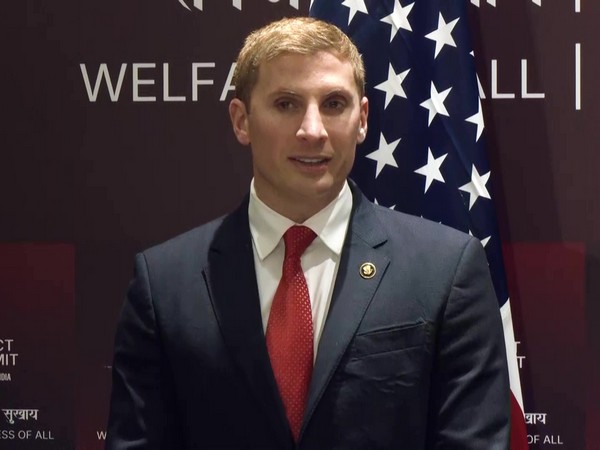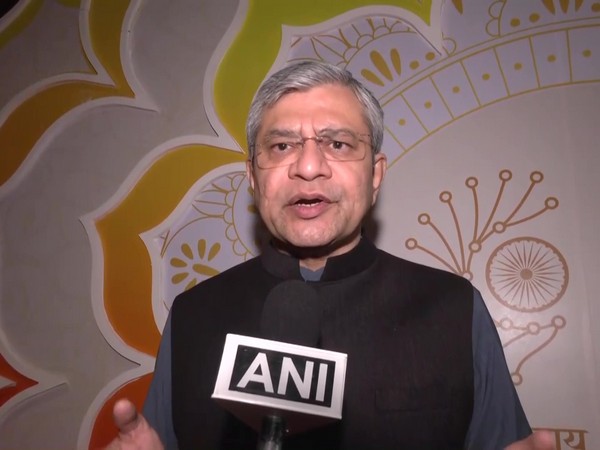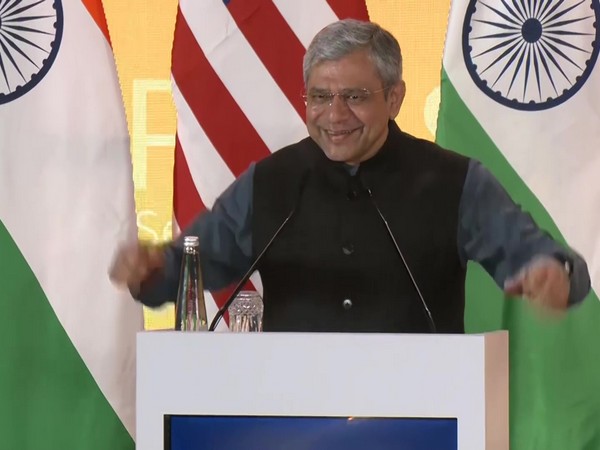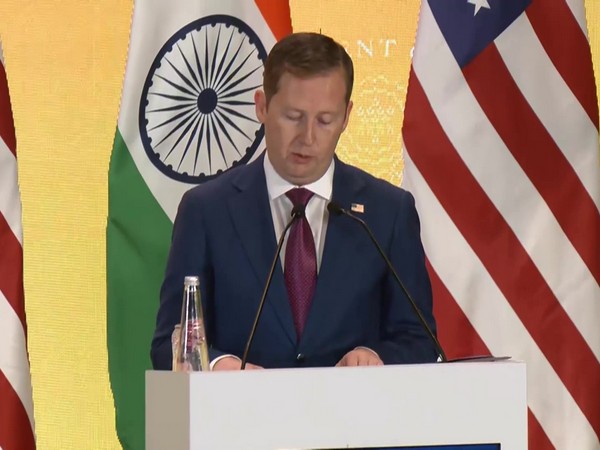American Friends of Gilgit and Muzaffarabad draw attention to China's expanding influence, impact on minorities
Jun 01, 2024

Washington, DC [US], June 1 : Authors, political activists and journalists discussed "Pakistan's Deteriorating Relations with Neighbours" at an event organised by American Friends of Gilgit and Muzaffarabad (AFGM) at the Washington, DC Press Club.
In a statement, AFGM said the meeting drew attention to the multifaceted challenges posed by China's expanding influence in the region, particularly its impact on ethnic and religious minorities across Pakistan and neighbouring territories.
Key speakers at the event included Bradley Thayer, who provided insight into the historical rise of communism in China and its repercussions on ethnic and religious minorities within the country.
Saleh Hudayar, former Prime Minister of East Turkestan in Exile, highlighted China's aggressive policies in Xinjiang and its repercussions on Uyghur communities, as well as the complicity of Pakistan in these actions.
Ngawang Tashi emphasized the destabilizing effects of China's occupation of Tibet on neighbouring regions like Ladakh and India.
Hizbullah Kakar, president of Pashtun Tahaffuz Movement (US), shed light on the collaboration between the Pakistani army and China in exploiting natural resources, leading to displacement and marginalization of Pashtun communities.
The event also saw passionate interventions from Ishaq Sharif and Senge Sering, who respectively addressed the crackdowns in Muzaffarabad and the strategic importance of Gilgit, underscoring Pakistan's controversial control over these regions and the plight of their inhabitants.
Priya Saha from Bangladesh brought attention to Pakistan's role in the Bangladeshi genocide and its interference in Bangladeshi affairs, echoing concerns over China's increasing economic influence in Bangladesh. Jan Jekielek supported the call for raising awareness about the cultural impact of Chinese aggression, stressing the need to educate local congress members on these issues.
Moderated by Se Hoon Kim, an American journalist working for Global Strat View, the event concluded with a call for continued advocacy and awareness-raising efforts. Senge Sering, expressing gratitude to all participants, invited them to reconvene for dinner and announced plans for a follow-up event at the same venue, focusing on the impact of the China-Pakistan Economic Corridor (CPEC) on local communities.
Senge Sering's initiation of the membership process for the National Press Club signals a commitment to further amplify the voices of marginalized communities in the region. As tensions continue to escalate, events like these serve as crucial platforms for dialogue and advocacy on pressing regional issues.
